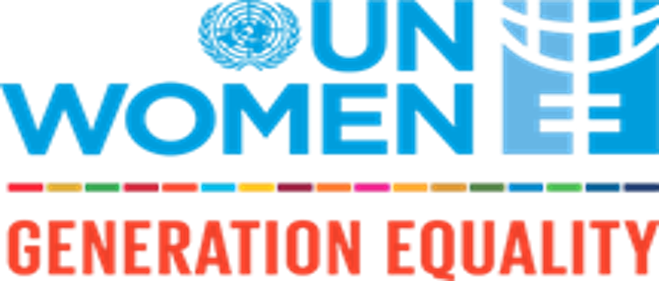By Asmau Ahmad
The United Nations Women (UNWomen) in Nigeria says the new Global AIDS Strategy aims to close inequalities that drive the epidemic and put people at the centre of getting the world on track to end AIDS.
This was made known in Lagos, at the closing ceremony of a three-day training organised by UNWomen Nigeria, in collaboration with the National Agency for the Control of AIDS (NACA), Federal Ministry of Women Affairs and others.
The Gender Based Violence (GBV) and Stigma Reduction Training and Advocacy Workshop was conducted for the Association of Women and Girls Living with HIV in Nigeria (ASWHAN).
The objective of the training was to deepen the knowledge and understanding of women living with HIV and their allies on sexual and gender-based violence prevention and response.
It also sought to improve the networking and partnership skills of the network to enhance engagements with relevant stakeholders.
Ms Comfort Lamptey, Country Representative, UNWomen Nigeria said that the new bold strategy set out a framework for transformative action to over turn inequalities by 2025 and to get every country and community on track to end AIDS by 2030.
According to her, decades of experience and evidence from the HIV response shows that intersecting inequalities are preventing progress to ending AIDS as a public health threat by 2030.
She sais, “In Nigeria, gender inequalities and low socio-economic status of women and girls continues to fuel women’s susceptibility to HIV infection, gender-based violence, stigma and discrimination and other forms of abuse.
“Women living with HIV&AIDS face multiple forms of discrimination and stigma because of their status.
“The framework will unite countries, communities, and partners across the HIV response to take prioritised, transformative action to accelerate progress towards the vision of zero new HIV infections, zero discrimination and zero AIDS-related deaths.”
ASWHAN National Coordinator, Assumpta Reginald, represented by the Deputy South Zonal Coordinator, Ms. Nkem Chukwuemeka, said that the national training of women living with HIV was very timely.
This, she said was because the incidence of Sexual and Gender-Based Violence (SGBV) had reached an unprecedented proportion.
According to her, the COVID-19 crisis has worsened the experience of many women and girls living with HIV, adding that SGBV had taken its toll on such women.
She said that during the COVID-19 pandemic lockdown, women living with HIV faced challenges because most of them were self-employed and daily income earners.
Meanwhile, Mrs Itoro Eze-Anaba, Executive Director, Mirabel Centre urged survivors of SGBV to tell their stories only when they were ready.
Eze-Anaba said that confidentiality and privacy were key principles at Mirabel Centre, adding that the organisation “gives counseling to survivors only with their consent.”
She added that for anyone to deal with a survivor, they needed to purge themselves of all biases.
This, she said would determine the productivity of counseling sessions with survivors.
She also stressed the need for a better legal framework in the fight against SGBV.
“The laws have to be placed, not just to protect the survivors but also to protect the caregivers, NGOs and activists that are on the front line or in different communities providing care and support.
“It is also important that we have prevention education companies to enlighten men on the dangers of raping women,” she said.
She said that with psychosocial support counseling services, survivors would know that their reports would be taken seriously and perpetrators punished.
This, she said would reduce the level of impunity ravaging the fight against SGBV.
The trained SGBV participants were inaugurated as focal persons to step down learning and coordination for GBV response within their networks.
Also, the UNWomen ‘Making HIV Response Work for Women; A Toolkit for Action’ was launched and disseminated to participants.


